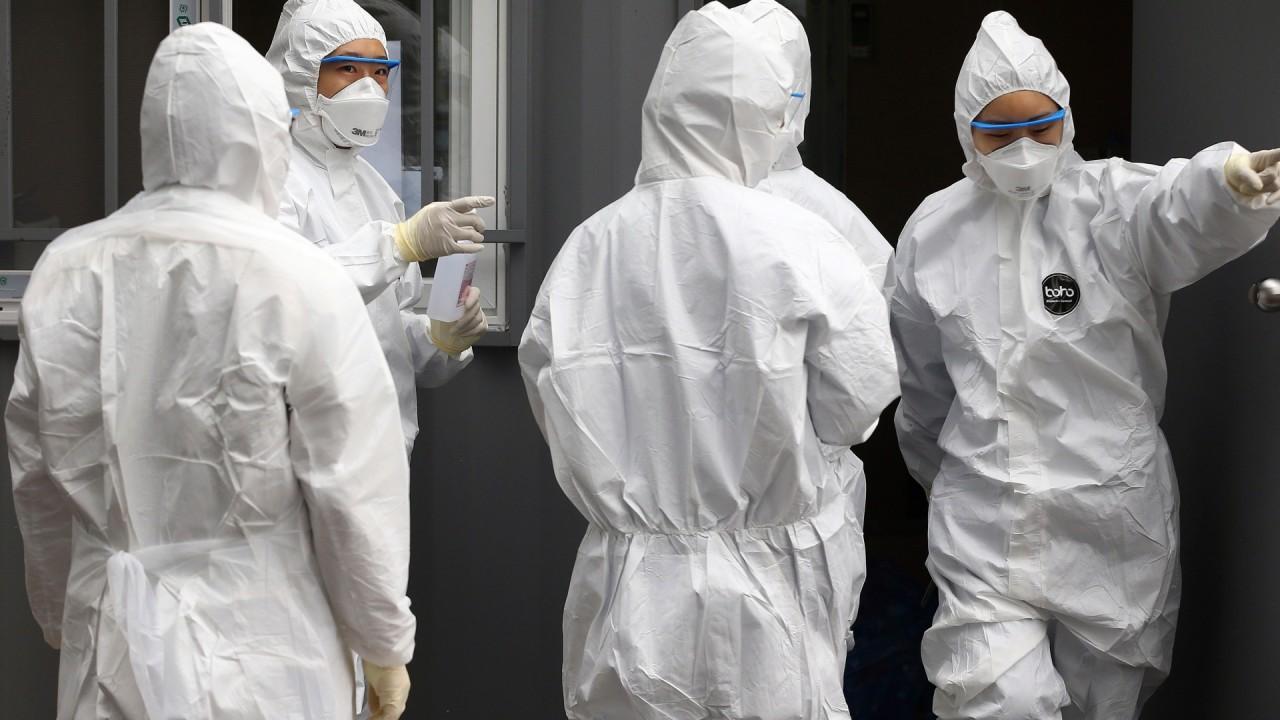Coronavirus could drag US economy into recession: Janet Yellen
Yellen, who headed the U.S. central bank from 2014 to 2018, said the economic impact depends on the severity of the outbreak
The deadly coronavirus outbreak could choke global growth and veer the U.S. toward a recession, former Federal Reserve Chair Janet Yellen warned this week.
“We could see a significant impact on Europe, which has been weak to start with, and it’s just conceivable that it could throw the United States into a recession,” Yellen said Wednesday at an event held by the Brookings Institution in Michigan, according to Bloomberg News.
To be loosely defined as a recession, a country needs two consecutive quarters of declines in real GDP, the broadest gauge of growth.
The virus, which causes a disease called COVID-19, has killed close to 3,000 people, with more than 80,000 cases reported worldwide, mostly in China. So far, there have been a total of 60 confirmed cases of coronavirus in the U.S. That figure includes individuals who have been repatriated to the country.
HOW LONG DOES A RECESSION LAST?
It has forced China, the world's second-largest economy, to all but halt its production of consumer goods like phones, clothing and automobiles and institute mass quarantines in some cities and place severe restrictions on an estimated 780 million people, the Verge reported.
HOW DEADLY IS NEW CORONAVIRUS? IT'S STILL TOO EARLY TO TELL
Multiple companies and countries are limiting travel to and from mainland China, evacuating citizens and scaling back operations. Plus, dozens of U.S. companies, including Apple, Disney and Starbucks, have temporarily closed their locations in China or limited their hours.
Still, Yellen, who headed the U.S. central bank from 2014 to 2018, said the economic impact depends on the severity of the outbreak.
WHAT TRIGGERS AN ECONOMIC RECESSION?
“If it doesn’t hit in a substantial way in the United States, that’s less likely," Yellen said. "We had a pretty solid outlook before this happened -- and there is some risk, but basically I think the U.S. outlook looks pretty good.”
It’s likely that a vaccine -- which historically takes between two to five years to develop -- for the disease is still at least several months away. During a Wednesday press conference, Dr. Anthony Fauci, who heads the National Institute of Allergy and Infectious Diseases, said a vaccine would not be applicable for a “year to a year and a half” due to delays from testing, development, production and distribution.
The best preventative measure is regular, thorough handwashing.




















